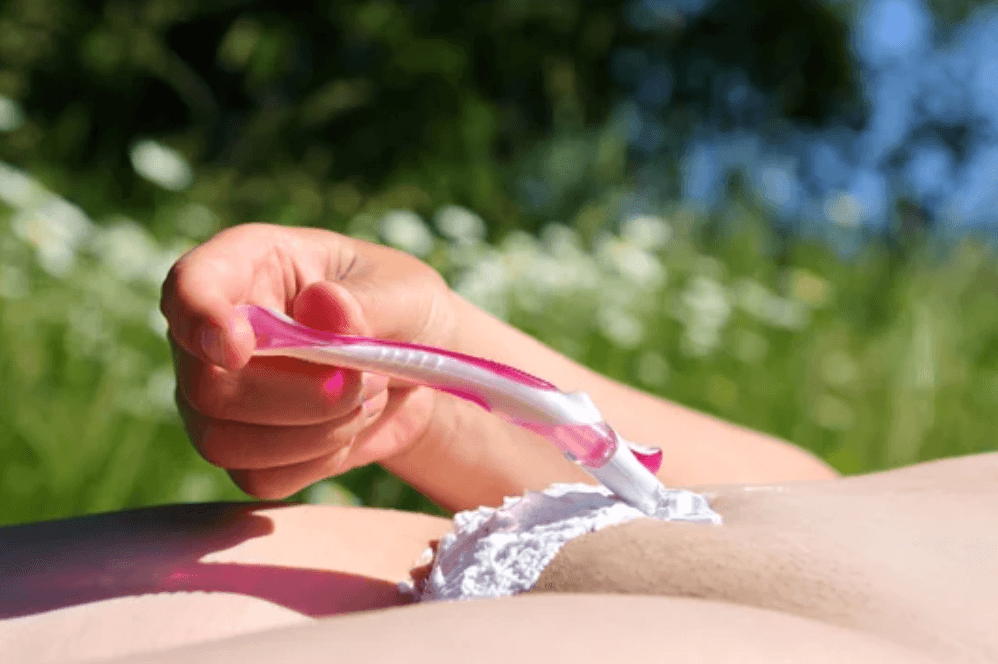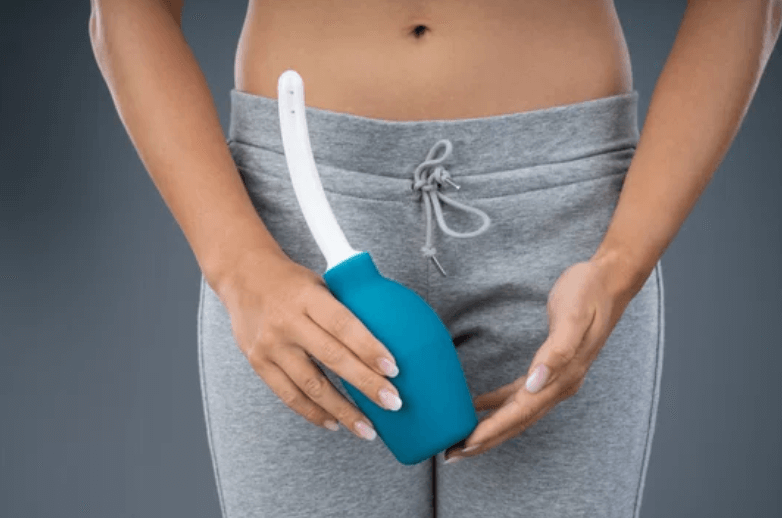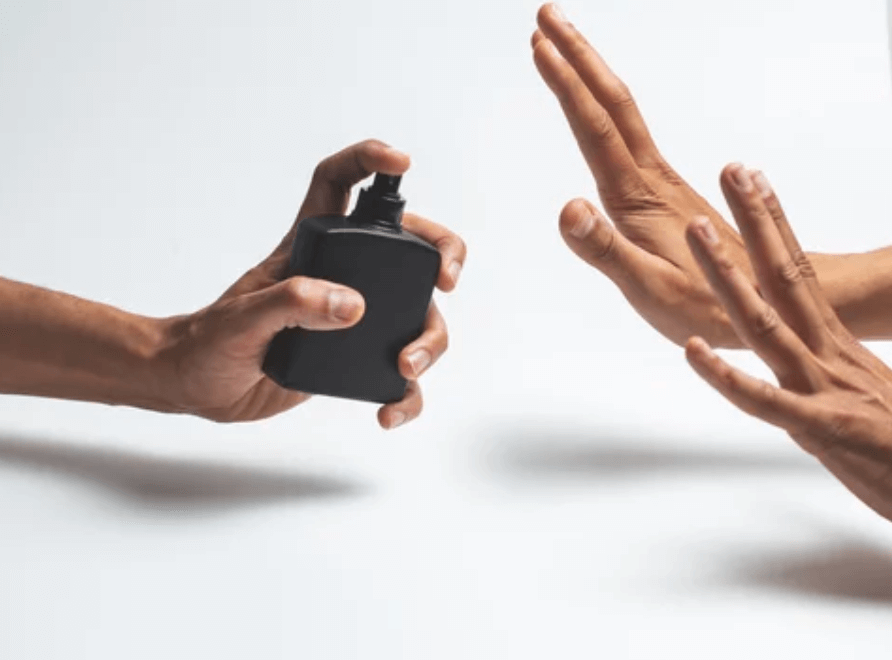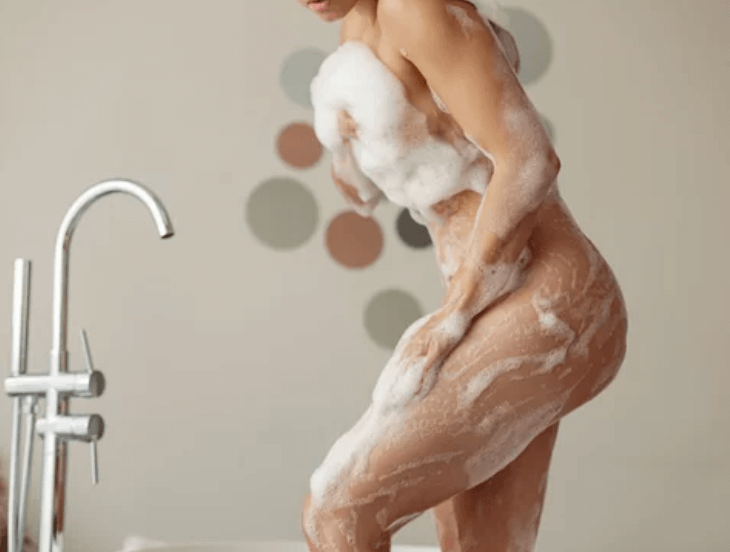John Mayer once sang, “Your Body Is A Wonderland,” and while he might have been referring to something else, your vagina truly is a wonderland—of bacteria! While many people are obsessed with antibacterial products and staying clean, what they don’t realize is that bacteria are an integral part of your body’s ecosystem, especially in warm, moist areas like the vagina. So if some bacteria are good and douching rids the body of those good bacteria, is douching bad for you?
Before you start freaking out, it’s important to understand that not only are many of these bacteria harmless, but a lot of them are beneficial. They help maintain your vaginal health, and upsetting this balance can lead to infections and other problems. So, let’s explore the ways you can keep your vagina healthy by understanding and maintaining its bacterial ecosystem.

Your Vaginal Ecosystem: A Delicate Balance
Think of your vagina as its own ecosystem—like a swamp filled with creatures that all play a role in maintaining harmony. There are good bacteria that fend off the bad ones, keeping your vagina healthy. If this balance is disrupted, it can lead to problems like yeast infections, bacterial vaginosis, and even urinary tract infections.
Here are some practical tips on how to keep your vaginal health in check by maintaining a healthy balance of bacteria.

Pubic Hair: Nature’s Defense Mechanism
Believe it or not, those curly pubic hairs serve a purpose. Pubic hair acts as a natural barrier, keeping harmful bacteria, dirt, and other unwanted debris from coming into direct contact with your vagina. Think of it as your body’s built-in defense system.
To Shave or Not to Shave: While removing pubic hair won’t necessarily put you at risk for infection, some women find that keeping it natural can help reduce recurring infections. Pubic hair helps create a healthier barrier between your skin and outside irritants.
How to Clean It: If you choose to keep your pubic hair, the best way to clean it is simply with warm water. Soap is optional but should be used with caution. Most doctors don’t recommend using soap in or around the vagina because it can upset the delicate balance of your flora, leading to irritation or infections.

Is Douching Bad for You? YES
The word “douchebag” has its origins in the French word for “shower” (douche), and historically, douching has been marketed as a way to clean the vagina. But here’s the truth: douching is harmful.
Disrupting the Balance: When you douche, you wash away both good and bad bacteria. This disruption can make it harder for your body to naturally fend off harmful bacteria, leaving you more vulnerable to infections like bacterial vaginosis or yeast infections.
Increased Risks: Studies show that douching increases the risk of several health complications, including cervical cancer, pelvic inflammatory disease, and even ectopic pregnancies.
Chemicals Aren’t Your Friend: Many over-the-counter douches contain chemicals and fragrances that are harsh on sensitive vaginal tissues. Even if you don’t have particularly sensitive skin, these chemicals can cause irritation and harm your vaginal health.
What About Anal Douching?: While anal douching might seem like a different story, it still carries risks. Your anus has its own delicate balance, and excessive douching can strip away natural mucous, leading to irritation or even damage to your bowel movements.

Scented Products: A No-Go for Your Vaginal Area
It’s completely normal to feel self-conscious about your vaginal odor from time to time, whether it’s due to menstruation, diet, or just a long day. However, using heavily scented soaps, lotions, or sprays to “freshen up” down there can do more harm than good.
Avoid Fragrances: Stay away from body sprays, perfumes, and scented soaps near your vaginal area. These products can irritate the sensitive tissues and disrupt your natural bacterial balance. Stick to warm water when washing your vulva (the outer part of your vagina), and avoid getting soap or scented products inside.
Diet Affects Your Scent: Processed foods can sometimes lead to a change in your vaginal odor, as they can affect your body’s bacterial balance. Eating probiotic-rich foods, such as yogurt, can help keep your vaginal flora healthy and maintain a neutral scent.
Probiotic Support: If you’re dealing with a yeast infection, some OB/GYNs recommend inserting plain yogurt as a home remedy to encourage the growth of healthy bacteria. However, always consult with your doctor first before trying this.

How to Stay Clean (and Healthy) Without Overdoing It
Your body is equipped to clean itself naturally, and it’s important to allow it to do its job. Over-washing or using harsh soaps can do more harm than good. Here are some simple guidelines for keeping your vagina and surrounding areas healthy:
Stick to Water: When washing your vulva, warm water is sufficient. You don’t need fancy soaps or body washes—just gentle rinsing with water will keep things clean and balanced.
Check for Signs of Infection: If you notice any unusual smells, discharge, itching, or irritation, it’s time to visit your OB/GYN. Don’t try to self-treat with over-the-counter products before consulting a professional, as this can sometimes make the problem worse.
Keep Your Toys Clean: If you use sex toys, be sure to clean them thoroughly with a toy cleaner or mild soap and water. Using dirty toys can introduce harmful bacteria into your body. Additionally, make sure your lubricants are body-safe and suited to your personal flora.
Dental Dams for Cunnilingus: Protect yourself during oral sex by using a dental dam. This barrier helps prevent bacteria from your partner’s mouth from entering your vaginal canal, reducing the risk of infection.

Conclusion: Let Your Body Do Its Thing
When it comes to vaginal health, less is often more. Your body is perfectly capable of maintaining a healthy balance of bacteria without the need for excessive cleaning or harsh products. By following simple practices—like using warm water for washing, avoiding douching, and being mindful of what you eat—you can help support your body’s natural defenses.
If you ever feel unsure about your vaginal health, don’t hesitate to consult your doctor. Together, you can address any concerns and find the best solutions for keeping your vagina happy, healthy, and balanced. Remember, maintaining your natural ecosystem is key to your overall wellness!
